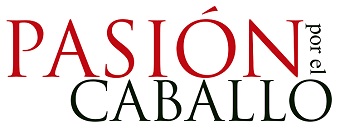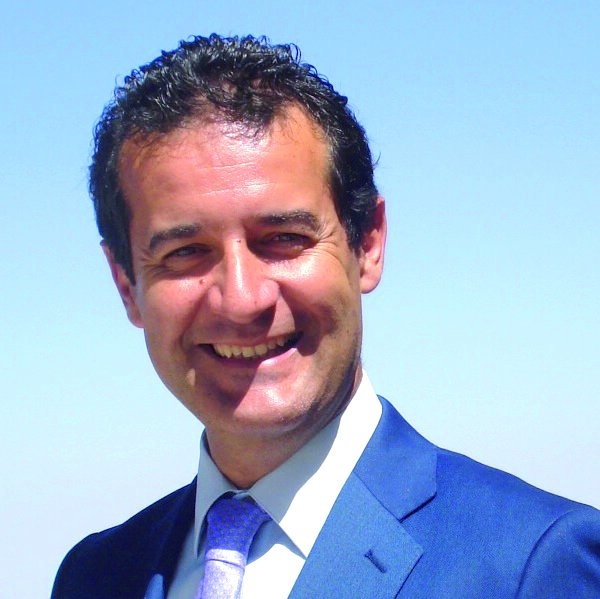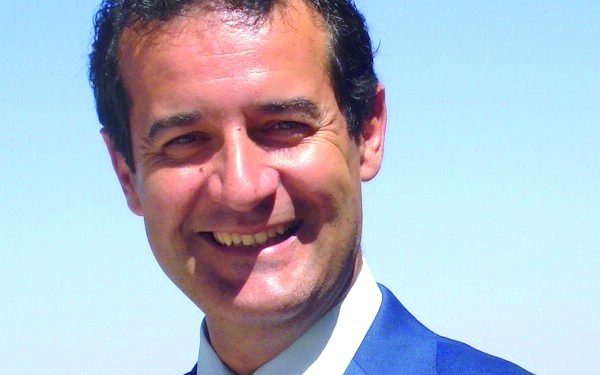Guillermo García Palma
Veterinary Graduate from Cordoba University
“Rideability”
a stronger and harder personality).
Learning how to “ride better,” to sit better and more ergonomically (J.M. Sales Pons teachings about the “smart backpack” are fantastic), to make the instructions easier and clearer, comprehensible, to understand each other’s mind. In short, to communicate better with the other side, the horse, which makes the
OCTOBER 2020
Nowadays, in the avant-garde of global horse breeding, there is a word that appears in each and every one of the top stallions destined to produce horses, both for sports and for personal or recreative use: “Rideability.” It is a synonym for quality and ease of learning. Despite having an athletic conformation, loads of strength, quick reactions and powerful movements, any rider with a basic, correct experience and who does things sort of right can easily train these horses. They are reaching the Olympic podiums, but many of them are also being sold for amateur riders, who practice equitation until they are old all over the world.
The passion for the horse has been present everywhere since the Neolithic, and the language of rational equitation connects both species in a harmonious way. If the horse gets close to that “magical” point of
a stronger and harder personality).
Learning how to “ride better,” to sit better and more ergonomically (J.M. Sales Pons teachings about the “smart backpack” are fantastic), to make the instructions easier and clearer, comprehensible, to understand each other’s mind. In short, to communicate better with the other side, the horse, which makes the
understanding, increasingly thanks to a selection according to rideability, the human does it thanks to a self-selection according to knowledge; training, experiences and learning on top of what others have already discovered or improved. Since the times of Xenophon, centuries before Christ, until the present moment, there have been numerous texts (and they are increasingly being disclosed) about Spanish rational equitation, like the ones by Pedro Fernández de Andrada, from Seville, or Pedro de Aguilar, from Malaga, horsemen from the 16th century, when the history of the Spanish horse began, and with it the “popular” selection of the quality and ease of learning (exported to other countries, like Portugal, where they used it to make their horses rideable and obtained the Lusitano, a breed which derives from our horses and which usually presents
point of understanding happen sooner. More rideable horses and more qualified, empathic and conscious riders. Result: the two of them enjoy themselves, both the horse and the rider. This is an inter-specific example of a relationship that occurs in nature between two different species of mammals. There are also examples of birds who clean the teeth of crocodiles, cattle egrets who land on cows’ backs, or small fish who clean sharks. So let’s make things easier as humanbeings at an intra-specific (same specie) level, and let’s try to educate ourselves as much as we can, especially when it comes to understanding those who are different from us; empathy and listening, we will definitely win something in practice and there will be no room for extremists to impose things by force, or in a cowardly manner.
This post is also available in: Spanish









Leave a Reply
Want to join the discussion?Feel free to contribute!